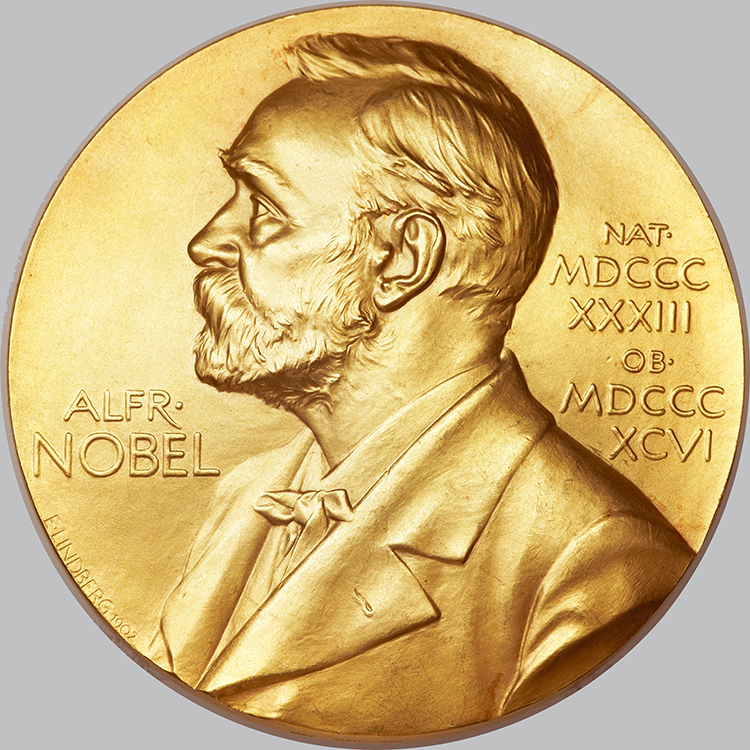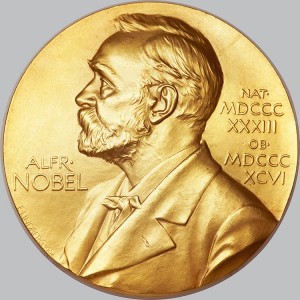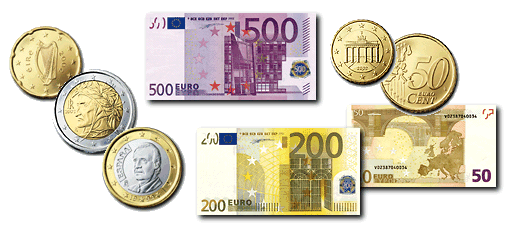Nobel Prizes: Literature, Peace, and Economics
Wednesday, October 16th, 2019October 16, 2019
Last week, World Book looked at the Nobel Prize winners in physiology or medicine, physics, and chemistry. Today, we present the Nobel Prize winners in literature, peace, and economics. Every year in the first week of October, the Nobel Foundation in Sweden awards Nobel Prizes to artists, economists, scientists, and peace workers who—in keeping with the vision of the Swedish chemist and industrialist Alfred Nobel—have conferred the greatest benefit to humankind.
On October 10, the 2019 Nobel Prize for literature was awarded to the Austrian writer Peter Handke. Handke, an accomplished playwright, novelist, and screenwriter, was rewarded for his “influential work” and “linguistic ingenuity” in exploring human experience. On the same day, the 2018 literature prize (which was delayed over a scandal involving a foundation member) was given to the Polish author Olga Tokarczuk for her “narrative imagination” and “encyclopedic passion” representing all walks of life.
On Oct. 11, 2019, the Nobel Peace Prize was awarded to Ethiopian Prime Minister Abiy Ahmed for his successful efforts to create peace between his nation and neighboring Eritrea. In July 2018, Ahmed negotiated “a joint declaration of peace and friendship” with Eritrean President Isaias Afwerki, resolving a dispute that had festered since Eritrea broke away from Ethiopia and became an independent nation in 1993. Since coming to office in April 2018, Ahmed has also restored democratic freedoms within Ethiopia.
On Oct. 14, 2019, the Nobel Prize for economics was given to the United States-based economists Abhijit Banerjee, Esther Duflo, and Michael Kremer for creating an “experimental approach to alleviating global poverty.” Banerjee and Duflo (who are married and serve as professors at the Massachusetts Institute of Technology) worked with the Harvard University academic Kremer to find scientific solutions to improve education and children’s health around the world. They broke large issues into simple questions and then searched for practical answers to those questions that could be instituted on a grand scale.





